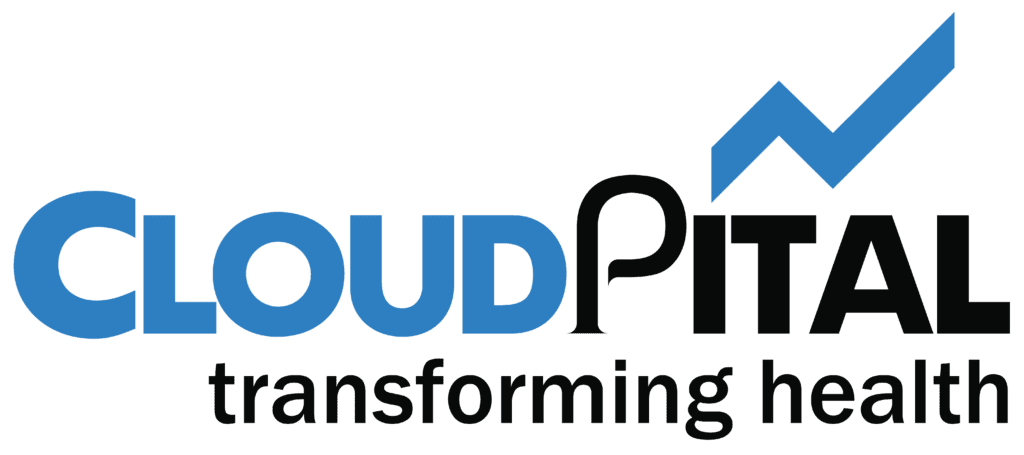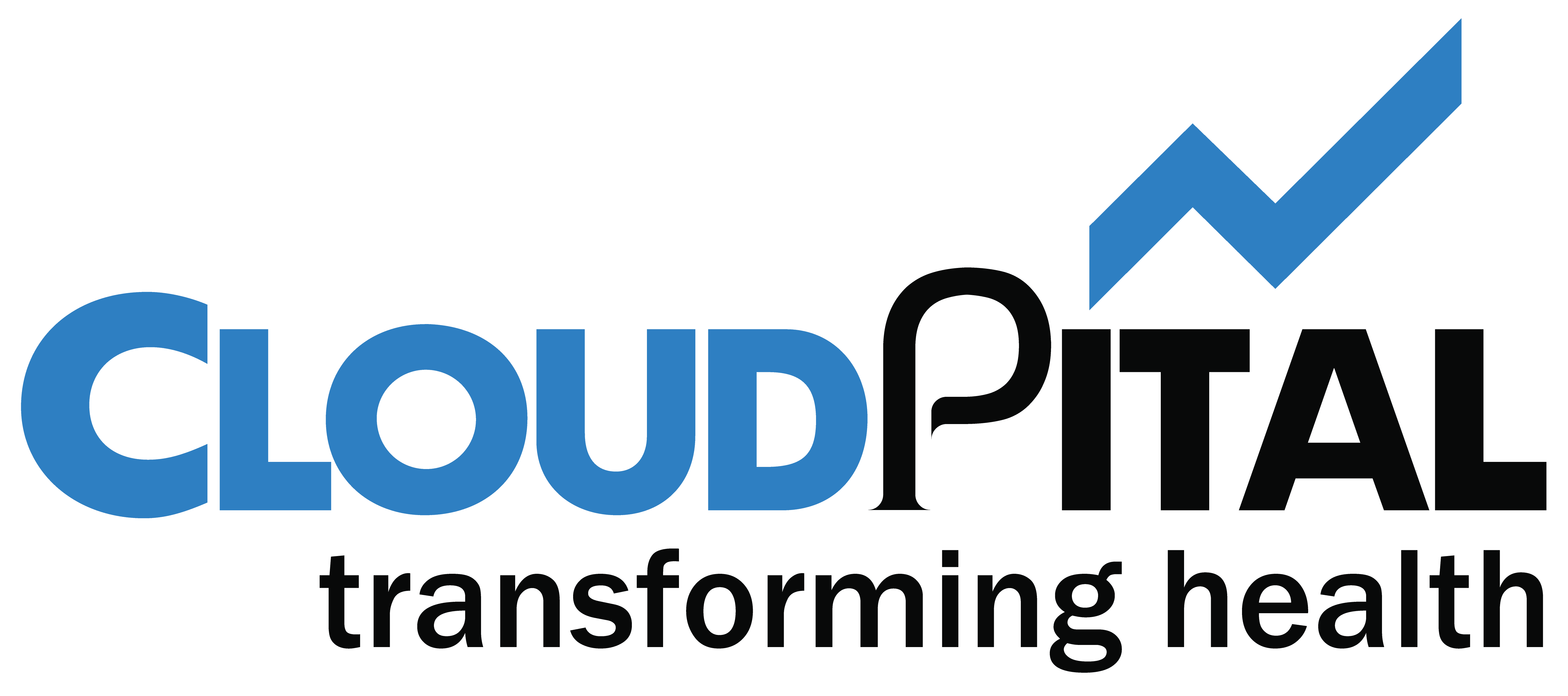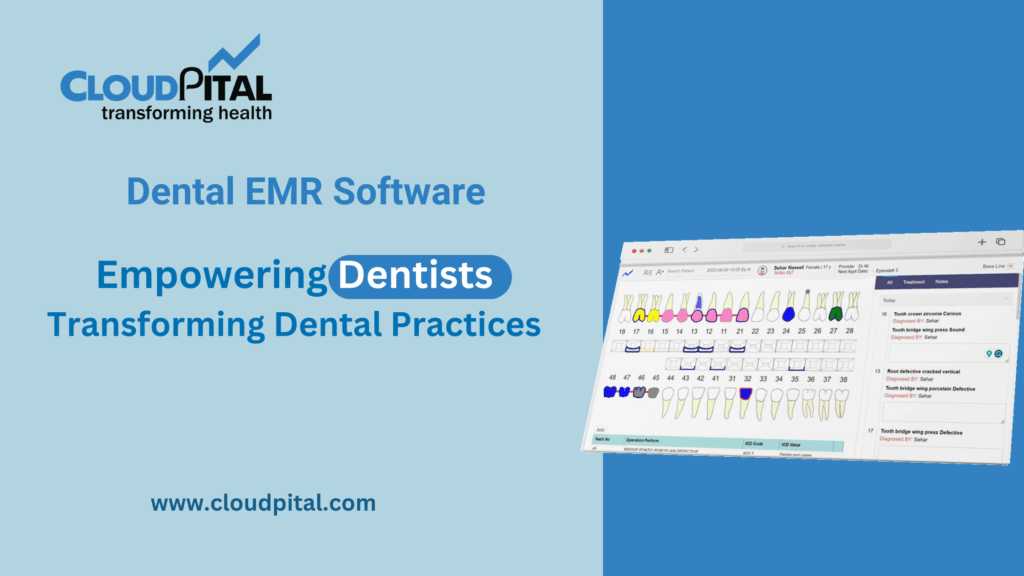Cloudpital # 1 is one of the top RCM and is a critical process in healthcare that encompasses the management of financial transactions from patient registration to the final payment of a balance. The effectiveness of RCM directly impacts the financial health of healthcare organizations. Understanding the key components of the RCM process is essential for ensuring efficient operations and maximizing revenue. This article will explore the essential components of the RCM process and their importance in the healthcare industry.
Click to Start Whatsapp Chatbot with Sales
Mobile: +966547315697
Email: sales@cloudpital.com
Cloudpital # 1 RCM

Patient Registration and Scheduling
The RCM process begins with patient registration and scheduling. This initial step involves collecting and verifying patient information, such as personal details, insurance coverage, and medical history. Accurate registration is crucial for ensuring that subsequent billing and claims processes run smoothly.
- Patient Demographics: Collecting accurate patient information, including name, address, date of birth, and contact details.
- Insurance Verification: Verifying the patient’s insurance coverage to determine eligibility for services and benefits.
- Appointment Scheduling: Ensuring that appointments are scheduled efficiently to optimize the use of healthcare resources and minimize wait times.
Insurance Eligibility and Verification
Insurance eligibility and verification are critical steps in the RCM process. This component ensures that the patient’s insurance information is current and that the planned services are covered under their policy. Failure to verify insurance details can lead to claim denials and delays in payment.
- Real-Time Verification: Using electronic systems to verify insurance coverage in real time.
- Benefit Determination: Understanding the extent of coverage, co-pays, deductibles, and any service limits or exclusions.
- Pre-Authorization: Obtaining necessary pre-authorizations for specific procedures or treatments to ensure coverage.
Patient Check-In and Documentation
The patient check-in process is where the initial registration information is confirmed and updated if necessary. This step includes collecting co-pays, updating insurance information, and ensuring that all necessary documentation is completed.
- Co-Pay Collection: Collecting any required co-pays at the time of service.
- Patient Documentation: Ensuring all required forms, including consent forms and medical history updates, are completed.
- Information Accuracy: Verifying that all patient information is accurate and up-to-date.
Medical Coding and Charge Capture
RCM and charge capture involve translating patient encounters into standardized codes used for billing purposes. Accurate coding is essential for ensuring that healthcare providers are reimbursed correctly for the services they provide.
- Medical Coding: Using ICD-10, CPT, and HCPCS codes to document diagnoses, procedures, and services.
- Charge Capture: Ensuring all billable services and procedures are accurately recorded and coded.
- Compliance: Adhering to coding standards and guidelines to avoid errors and ensure compliance with regulations.

Claims Submission
Claims submission is the process of sending the coded claims to insurance companies for reimbursement. This step is crucial for ensuring that PMS providers receive payment for their services.
- Electronic Claims Submission: Using electronic systems to submit claims quickly and efficiently.
- Claim Accuracy: Ensuring all claims are accurately coded and include all necessary information to prevent denials.
- Timeliness: Submitting claims promptly to expedite the reimbursement process.
Claims Management and Follow-Up
Claims management involves tracking the status of submitted claims and addressing any issues that arise. This component is vital for ensuring that claims are processed and paid in a timely manner.
- Claim Status Monitoring: Tracking the progress of claims from submission to payment.
- Denial Management: Identifying and addressing the reasons for claim denials, including resubmitting corrected claims.
- Follow-Up: Regularly following up with insurance companies to ensure timely processing and payment of claims.
Patient Billing and Collections
Once the insurance company has processed the claim, any remaining balance is billed to the patient. Patient billing and collections are essential for ensuring that healthcare providers receive full payment for their services.
- Patient Statements: Sending detailed billing statements to patients, outlining the services provided and the remaining balance.
- Payment Plans: Offering payment plan options to patients who are unable to pay their balance in full.
- Collections: Implementing procedures for collecting outstanding balances, including follow-up calls and letters.
Payment Posting and Reconciliation
Payment posting involves recording payments from insurance companies and patients in the healthcare provider’s financial system. Reconciliation ensures that all payments are accurately recorded and matched with the corresponding claims.
- Payment Posting: Recording payments received from insurance companies and patients.
- Reconciliation: Ensuring all payments are accurately matched with the correct claims and patient accounts.
- Adjustments: Making necessary adjustments for discrepancies, such as overpayments or underpayments.
Reporting and Analytics
Reporting and analytics provide insights into the performance of the Comfort Care Hospice process. This component is essential for identifying areas for improvement and ensuring that the RCM process is operating efficiently.
- Financial Reports: Generating reports on revenue, accounts receivable, and cash flow.
- Performance Metrics: Tracking key performance indicators (KPIs) such as claim denial rates, days in accounts receivable (AR), and collection rates.
- Data Analysis: Analyzing data to identify trends, areas for improvement, and opportunities for optimizing the RCM process.
Compliance and Regulatory Requirements
Compliance with regulatory requirements is critical for ensuring that the RCM process operates within the bounds of the law. This component involves adhering to regulations such as HIPAA, Medicare, and Medicaid guidelines.
- HIPAA Compliance: Ensuring the protection of patient information and privacy.
- Regulatory Adherence: Following guidelines and regulations set forth by government agencies and insurance companies.
- Audit Preparedness: Being prepared for audits by maintaining accurate and complete records.
Patient Engagement and Communication
Engaging and communicating with patients throughout the RCM process is essential for ensuring a positive patient experience. This component involves providing clear information about billing, payment options, and financial assistance.
- Patient Education: Educating patients about their financial responsibilities and the billing process.
- Communication Channels: Offering multiple communication channels, such as phone, email, and online portals, for patient inquiries and support.
- Financial Counseling: Providing financial counseling and assistance to help patients understand their bills and payment options.
Conclusion
The RCM process is a complex and multifaceted operation that involves multiple components, each playing a critical role in ensuring the financial health of healthcare organizations. From patient registration and insurance verification to claims submission and payment posting, each step must be executed accurately and efficiently to maximize revenue and minimize delays. By understanding and optimizing each component of the RCM process, healthcare providers can improve their financial performance, enhance patient satisfaction, and ensure compliance with regulatory requirements. As the healthcare landscape continues to evolve, the importance of a robust and efficient RCM process will only grow, making it a vital focus for healthcare organizations in Saudi Arabia and beyond.
Click to Start Whatsapp Chatbot with Sales
Mobile: +966547315697
Email: sales@cloudpital.com
What are the key components of the RCM process? similar software solutions prices were updated on 2025-07-03T02:58:13+00:00 in Saudi Arabia in Mecca, Medina, Riyadh, Khamis Mushait, Yanbu, Jeddah, Dammam, Unaizah, Uqair, Ha’il, Ta if, Al Bahah, Dhahran, King Abdullah Economic City, Najran, Diriyah, Qatif, Khafji, Jubail, Abqaiq, List of Cities and Towns in Saudi Arabia, Ras Tanura, Turubah, Jazan Economic City, Knowledge Economic City, Medina, Khobar, Abha, Tabuk, Saudi Arabia, similar software solutions prices were updated on 2025-07-03T02:58:13+00:00 We also provide in Saudi Arabia services solutions company in Hafar Al-Batin, Udhailiyah, Al-Awamiyah, Hofuf, Hautat Sudair, Buraidah, Tayma, Duba, ‘uyayna, Saihat, Al-Kharj, Al-ula, Jizan, Rumailah, Ar Rass, Arar, Shaybah, Al Majma’ah, Rabigh, Dhurma, Haradh, List of Saudi Cities by Gdp Per Capita, Badr, Sudair Industrial City, Baljurashi, Shaqraa, Al-Khutt, Habala, Ad Dawadimi, Dawadmi, Layla, similar software solutions prices were updated on 2025-07-03T02:58:13+00:00 Price is SAR 100 and this was updated on updated on 2025-07-03T02:58:13+00:00 similar What are the key components of the RCM process? software solutions prices were updated on 2025-07-03T02:58:13+00:00 in Saudi Arabia in Haql, Afif, Al-Abwa, Farasan, Al-Jaroudiya, Thadig, Al-Thuqbah, Al Wajh, Almardmah, Al-Zilfi, Muzahmiyya, Prince Abdul Aziz Bin Mousaed Economic City, Tharmada’a, Skaka, Um Al-Sahek, Sharurah, Tanomah, Bisha, Dahaban, Al Qunfudhah, Qurayyat, Saudi Arabia, Ha’ir, as Sulayyil, Al Lith, Turaif, Al-Gway’iyyah, Samtah, Wadi Ad-Dawasir, Az Zaimah, Safwa City, Jalajil, Harmah, Mastoorah, Hotat Bani Tamim, Jabal Umm Al Ru’us, Rafha, Qaisumah, Al-Ghat, Hajrah, Al-Hareeq. Excerpt: Jeddah (also spelled Jiddah, Jidda, or Jedda; Arabic: Jidda) is a Saudi Arabian city located on the coast of the Red Sea and is the major urban center of western Saudi Arabia similar software solutions prices were updated on 2025-07-03T02:58:13+00:00 Price is SAR 100 and this was updated on updated on 2025-07-03T02:58:13+00:00
6-12-2024




